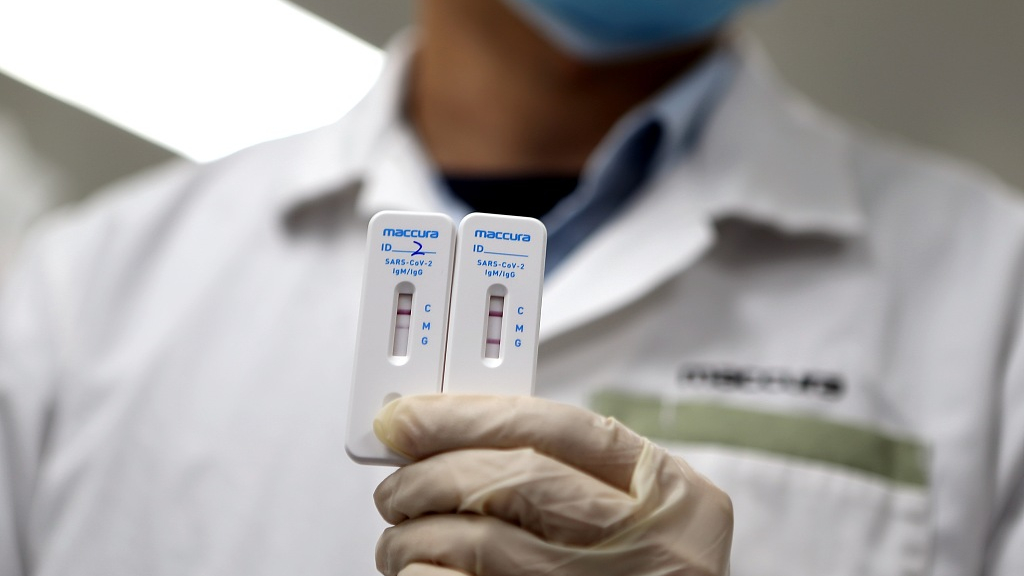Phase-1 trial: Adenovirus COVID-19 vaccine found safe, induces immune responses
A phase-1 trial using a single dose of a vaccine (Ad5-nCoV) that uses a recombinant adenovirus type-5 vector that carries the genetic material that codes for spike glycoprotein of novel coronavirus was found to be safe, well-tolerated and able to generate immune responses against the virus. The adenovirus is a weakened common cold virus.
The trial was carried out on 108 participants aged 18-60 years in Wuhan, China, and had 36 participants each in the low, middle and high-dose groups.
The trial did not involve randomisation of participants and did not have a control arm. The results are based on short duration of follow-up. The results were published in the journal The Lancet.
Safety of the vaccine
The most common adverse reaction was pain at the injection site (58 participants or 54%), fever (50 participants), fatigue (47 individuals), headache (42 participants) and muscle pain (18 participants). Most adverse reactions reported were mild or moderate in severity. One participant who was given the higher dose vaccine reported severe fever, along with severe symptoms of fatigue, shortness of breath and muscle pain. However, these adverse reactions persisted for less than 48 hours. No serious adverse event was noted within 28 days post-vaccination.
“As it was a first-in-human study of the adenovirus type-5 vectored COVID-19 vaccine, it was not designed to measure the vaccine efficacy,” they write. But they note that in animal studies, seven out of eight ferrets were protected when challenged by the virus 21 days after immunisation with the vaccine.
Immune responses
The vaccine was found to elicit neutralising antibodies, which peaked at day 28 post-vaccination, while rapid specific T-cell responses peaked at day 14 after vaccination. The antibody response to the vaccine in the high-dose group was slightly greater than that in the middle-dose and low-dose groups.
After 28 days, most participants had a four-fold increase in binding antibodies (35/36, 97% low-dose group; 34/36 (94%) middle-dose group, and 36/36, 100% in high-dose group). Meanwhile, 18 (50%) participants in the low-dose group, 18 (50%) in the middle-dose group, and 27 (75%) in the high-dose group showed neutralising antibodies against the virus.
The vaccine also stimulated a rapid T cell response in the majority of volunteers, which was greater in those given the higher- and middle-doses of the vaccine, with levels peaking at 14 days after vaccination. About 83% (30 of 36) of low-dose participants, 97% (35 of 36) of middle-dose participants and 97% (35 of 36) of high-dose participants developed T cell responses at 14 days.
But 28 days after vaccination, the majority of recipients showed either a positive T cell response or had detectable neutralising antibodies against SARS-CoV-2 (low-dose group 28/36, 78%; middle-dose group 33/36, 92%; high-dose group 36/36, 100%).


Comments are closed.